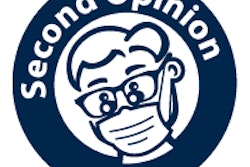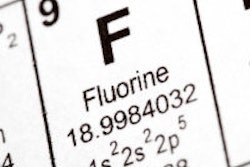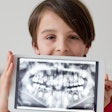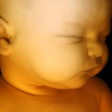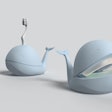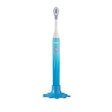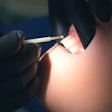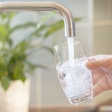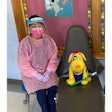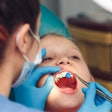Dental officials in Fukushima, Japan, are spearheading efforts to determine whether children's teeth contain the radioactive isotope strontium-90 amid fears they were exposed to fallout from the 2011 nuclear plant disaster.
The research is part of a project to examine the health effects of the Fukushima disaster and would be the first large-scale examination to be done on children's teeth, according to a Japan Times story. Dental associations across Japan will cooperate in the study.
Strontium-90 tends to be absorbed by the bones and teeth and is thought to cause bone cancer and leukemia, Japan Times reported. It cannot be detected by whole-body radiation counters.
The teeth of children ages 5 to 15 will be checked if extracted during regular dental visits, with the results shown to the parents. The extracted teeth will be checked for cesium or other isotopes; teeth found to have high radiation levels will then be checked for strontium-90. Other teeth will be checked in groups of 10. The project intends to check the teeth of 1,000 to 2,000 children over the next fiscal year, according to the article.
Tohoku University in Miyagi Prefecture will oversee the study because it has the equipment and expertise to detect small amounts of strontium-90.
In March 2011 an earthquake triggered a tsunami that hit Japan's coast, damaging the Fukushima nuclear power plant. The incident caused the meltdown of three nuclear reactors at the facility, leading to the worst nuclear disaster since Chernobyl.





